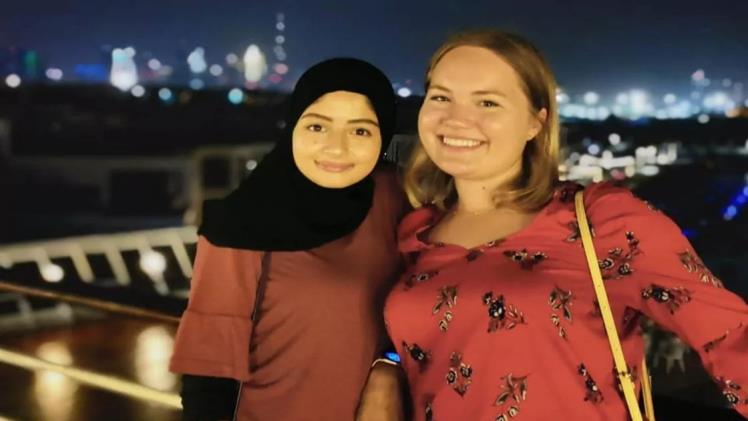A Gap Year Abroad Program offers students and young adults the chance to step beyond familiar surroundings and experience life from a global perspective. When cultural exchange is a core part of the program, the benefits extend far beyond travel. These programs foster mutual understanding, language development, and personal growth, giving participants the chance to form deep connections with people from different backgrounds while learning valuable life lessons.
Living and Learning Within Local Communities
Cultural exchange gap year programs place participants directly into local communities where they can experience daily life as it unfolds. This often includes homestays with host families, participation in traditional customs, and involvement in community-based projects. Living alongside locals offers a level of cultural immersion that cannot be matched by tourism or short-term travel.
This everyday interaction helps participants understand cultural values, family structures, social norms, and community priorities. It provides an authentic view of life in another country and encourages students to move beyond stereotypes and assumptions.
Mutual Sharing of Culture and Traditions
Cultural exchange is a two-way street. While participants learn about the host culture, they also share aspects of their own background. This mutual sharing creates opportunities for dialogue and understanding. From cooking familiar dishes to sharing music or participating in school presentations, students become ambassadors of their own cultures.
This interaction fosters respect and curiosity on both sides. It breaks down barriers and helps build connections based on shared human experiences, even when language or customs differ. These connections often lead to lasting friendships and broadened perspectives.
Hands-On Involvement in Community Life
Gap year programs that include cultural exchange typically involve participants in meaningful local activities. These may include volunteering at schools, helping in community centers, joining environmental projects, or supporting local businesses. Contributing to the community in this way builds trust and allows participants to engage with local people as equals rather than observers.
Through hands-on involvement, students learn more than just language or cultural practices—they also gain practical skills like teamwork, leadership, and adaptability. These experiences promote a strong sense of purpose and deepen appreciation for the challenges and strengths of the host community.
Language and Communication Development
Being immersed in a foreign culture provides a powerful setting for language learning. Daily communication with host families, peers, and project leaders encourages rapid language acquisition. Even basic conversations help students improve pronunciation, vocabulary, and listening comprehension in real time.
More importantly, cultural exchange programs teach communication beyond language—through gestures, empathy, and patience. Students learn how to listen, observe, and respond thoughtfully in unfamiliar situations. These communication skills are essential not only for travel but also for academic and professional settings.
Personal Growth Through New Perspectives
Experiencing a new culture firsthand challenges students to reflect on their own beliefs, habits, and assumptions. They begin to see their home culture from a different angle, often gaining a more balanced and open-minded perspective. This kind of self-awareness fosters personal growth and helps young adults develop values like humility, gratitude, and global responsibility.
Cultural exchange also builds confidence. Navigating a new environment, adapting to customs, and forming relationships across cultural boundaries pushes students to grow in ways they never imagined.
A Meaningful Journey With Lifelong Impact
Gap year abroad programs that emphasize cultural exchange offer more than education or adventure—they provide a deeply human experience. By connecting with people from different backgrounds, students develop empathy, global understanding, and a sense of shared humanity. These lessons last a lifetime, shaping how participants approach relationships, learning, and their place in the world.






